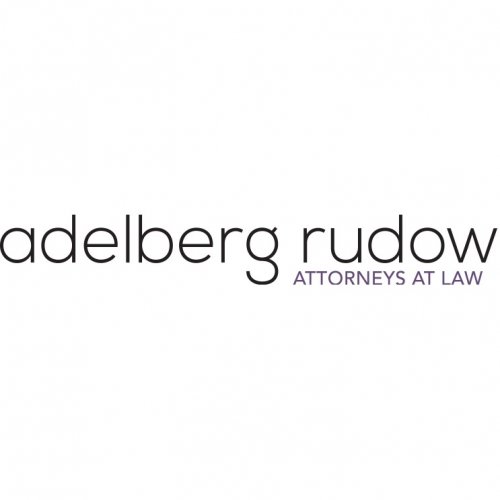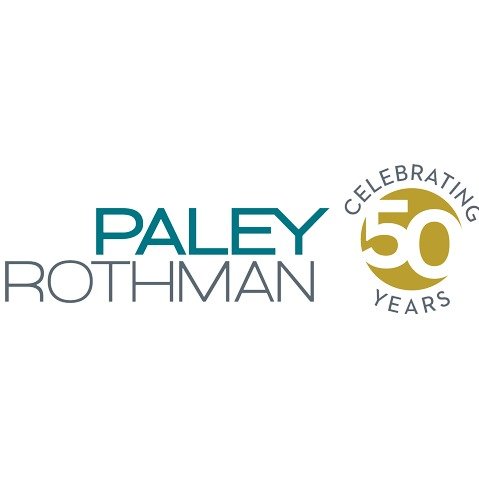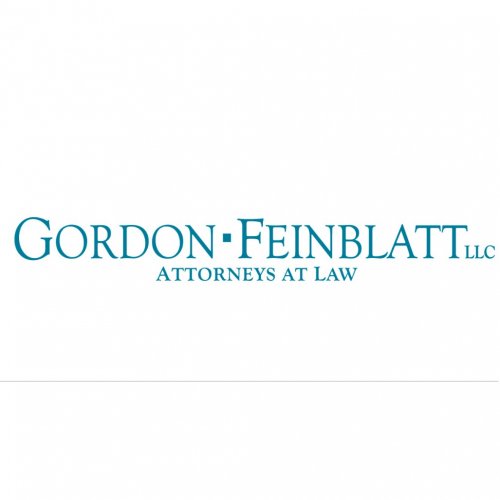Best Sanctions & Export Controls Lawyers in Maryland
Share your needs with us, get contacted by law firms.
Free. Takes 2 min.
Or refine your search by selecting a city:
List of the best lawyers in Maryland, United States
About Sanctions & Export Controls Law in Maryland, United States
Sanctions and export controls law consists of federal regulations and rules that restrict certain transactions, the export of goods, technology, or services, and dealings with specified countries, entities, or individuals. These laws are mainly enforced at the federal level through agencies such as the Department of Commerce, Department of Treasury, and Department of State. In Maryland, the proximity to major centers of international trade, defense contractors, and government agencies adds a layer of complexity and relevance to compliance with these regulations. Businesses and individuals involved in international trade, shipping, manufacturing, or service provision may be impacted by these laws and must ensure compliance to avoid significant penalties or loss of business opportunities.
Why You May Need a Lawyer
Legal challenges involving sanctions and export controls are highly technical and carry severe civil and criminal penalties for violations. You may require legal assistance in the following situations:
- Your business exports products, software, or technology from Maryland to foreign entities or countries.
- You have received an inquiry, subpoena, or warning from federal agencies regarding your import or export activities.
- You need guidance on licensing requirements or want to establish internal compliance programs.
- You are unsure if your business partners or customers are on restricted or sanctioned party lists.
- You plan to engage in business with countries or entities subject to U.S. sanctions.
- You face an investigation or enforcement action for possible violations of sanctions or export controls.
Legal counsel can help you navigate licensing, reporting obligations, risk assessments, voluntary disclosures, and more. A lawyer can also provide training for staff and help respond to government investigations.
Local Laws Overview
Sanctions and export controls in Maryland are primarily governed by federal laws and regulations. Key federal statutes include the Export Administration Regulations (EAR), International Traffic in Arms Regulations (ITAR), and sanctions programs managed by the Office of Foreign Assets Control (OFAC). While Maryland itself does not have a separate set of export control laws, state entities such as Maryland’s Department of Commerce and local universities often have tailored policies to ensure compliance with these federal requirements. Because Maryland is home to many defense contractors and technology companies, state-level guidelines may intersect with federal law, especially where contracts with local government or agencies are concerned. Understanding how these federal laws apply to your specific business type, product, or service is crucial in this jurisdiction.
Frequently Asked Questions
What are export controls?
Export controls are federal laws and regulations that restrict the transfer, shipment, or sharing of certain products, technology, software, or services to foreign entities or individuals to protect national security and advance U.S. foreign policy.
What are sanctions?
Sanctions are restrictions imposed by the U.S. government prohibiting or limiting certain trade, financial transactions, or business dealings with targeted countries, governments, companies, or individuals often for national security or foreign policy reasons.
Which Maryland businesses are affected by these laws?
Any Maryland business or individual involved in the export of goods, services, or technology may be affected. This includes manufacturers, defense companies, biotech firms, research organizations, and even universities collaborating with foreign nationals.
Do I need a government license to export goods?
Some exports require a license depending on the classification of the product, the destination country, the end user, and the intended end use. A lawyer can help determine if your transaction requires government approval.
What should I do if I receive an OFAC notice or subpoena?
You should consult a lawyer immediately before responding. The stakes are high in these situations, and a legal professional can help you protect your rights and determine the best course of action.
Are there specific Maryland regulations for export controls or sanctions?
There are no separate Maryland-specific export control or sanctions laws. Federal law applies, but certain state institutions and local government contracts may impose additional requirements to ensure compliance.
How do I know if my business partners are sanctioned?
You should regularly screen customers, partners, and transactions against government-published lists such as the Specially Designated Nationals (SDN) List. Legal counsel can help set up effective screening procedures.
What are the penalties for violating export control or sanctions laws?
Penalties can include large civil fines, criminal prosecution, loss of export privileges, reputational damage, and even imprisonment for individuals.
Can academic research in Maryland be subject to export control regulations?
Yes. Certain technical data, software, or research findings may be subject to export controls, especially in sensitive fields like engineering, cybersecurity, or biosciences. Universities commonly have dedicated compliance departments to address these issues.
What are the first steps to take if I suspect a violation?
You should contact a lawyer experienced in sanctions and export controls. Voluntary disclosures, internal investigations, or other corrective actions may help mitigate penalties or resolve issues more favorably.
Additional Resources
If you need more information or assistance, consider reaching out to the following resources:
- U.S. Department of Commerce Bureau of Industry and Security (BIS)
- Office of Foreign Assets Control (OFAC) at the U.S. Department of Treasury
- U.S. Department of State Directorate of Defense Trade Controls (DDTC)
- Maryland Department of Commerce - International Trade Office
- Export Compliance Offices at local Maryland universities
- Local chambers of commerce with international trade programs
Expert legal practitioners and industry groups can also provide training and guidance.
Next Steps
If you believe you may need legal assistance in sanctions and export controls, gather all relevant documentation about your company’s products, services, customers, and transactions. Document any correspondence you have had with government agencies. Next, consult a qualified attorney with experience in sanctions and export controls law in Maryland. A specialized lawyer can help you assess your legal needs, clarify your obligations, and develop a strategy to ensure compliance or respond to government actions. Do not delay, as export control and sanctions matters can involve time-sensitive reporting and strict deadlines.
Lawzana helps you find the best lawyers and law firms in Maryland through a curated and pre-screened list of qualified legal professionals. Our platform offers rankings and detailed profiles of attorneys and law firms, allowing you to compare based on practice areas, including Sanctions & Export Controls, experience, and client feedback.
Each profile includes a description of the firm's areas of practice, client reviews, team members and partners, year of establishment, spoken languages, office locations, contact information, social media presence, and any published articles or resources. Most firms on our platform speak English and are experienced in both local and international legal matters.
Get a quote from top-rated law firms in Maryland, United States — quickly, securely, and without unnecessary hassle.
Disclaimer:
The information provided on this page is for general informational purposes only and does not constitute legal advice. While we strive to ensure the accuracy and relevance of the content, legal information may change over time, and interpretations of the law can vary. You should always consult with a qualified legal professional for advice specific to your situation.
We disclaim all liability for actions taken or not taken based on the content of this page. If you believe any information is incorrect or outdated, please contact us, and we will review and update it where appropriate.
Browse sanctions & export controls law firms by city in Maryland
Refine your search by selecting a city.













